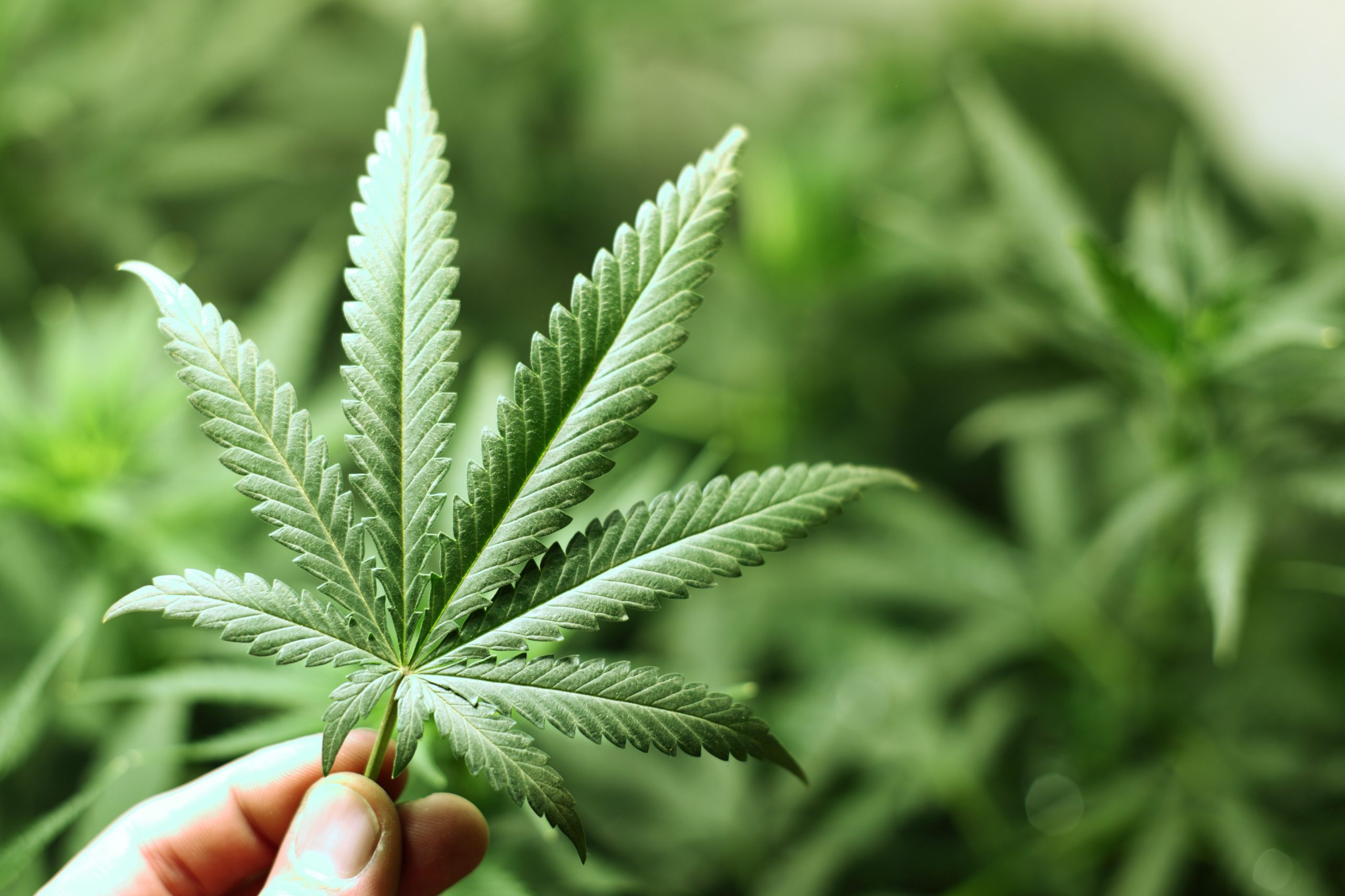Have you ever noticed how right and wrong is often governed by personal experience? Take the debate over free markets vs. regulation. There are plenty of people who believe business ought to be highly regulated – at least until such regulation negatively impacts them.
A perfect example of this dichotomy is medical marijuana. Differences in federal and state laws have made rolling out medical marijuana programs a nightmare in most of the states that have tried it. And in many of those states, regulatory difficulties have led to high prices and limited access. Those negatively impacted understand the solution: get government out of the way.
Medical Marijuana in Utah
Utah lawmakers were required to come up with a medical cannabis program after a statewide referendum passed a number of years ago. The program officially began in 2020. While many of the referendum’s goals have been met, the situation in Utah remains less than ideal. Here are just some of the problems Utah patients continue to deal with:
- Limited Access – Patients face limited access to medical cannabis because the state has only licensed fourteen dispensaries. Moreover, only half of the licensees have opened thus far. That means few options for people who live in rural parts of the state.
- High Prices – Growers in Utah are also a big part of the problem. They have not produced enough product to keep dispensary shelves stocked. The end result are prices that are higher than they need to be.
- Not Enough Doctors – Utah requires that doctors be certified before they can recommend medical cannabis. Though the number of doctors participating in the program steadily grows, they are still in the minority. Patients do not have access to enough doctors capable of helping them get their medical cannabis cards.
All of these challenges are in some way related to federal law. For example, marijuana being a Schedule I substance prevents transport across state lines. This means that all medical cannabis sold in Utah must also be grown in Utah. If growers cannot produce enough, prices remain unreasonably high.
Regulation Harms Business
The fact of the matter is that regulation harms business. The results of states limiting the number of dispensaries and growing operations they allow is sufficient evidence. If you were a dispensary or grower licensee in Utah for example, you could operate with the knowledge that you face very little competition. How much incentive would you have to keep prices low and offer stellar service at the same time?
To their credit, dispensaries like Park City’s Deseret Wellness have done the best they can to meet patient needs. But imagine how much better they could do if they did not face so many regulations?
We Can’t Have It Both Ways
Is this to say that marijuana should be completely decriminalized in all fifty states and the District of Columbia? No. That issue still hasn’t been settled on a national scale. The point of this discussion is to say that we cannot have it both ways.
Regulation always leads to limited business opportunities. It stifles growth and causes artificial price controls. Regulation is as harmful to the airline industry as it is to medical marijuana. Therefore, it is disingenuous to assert that businesses should be highly regulated only until such regulation affects us personally. It is even more disingenuous to call for deregulation only among those industries we are impacted by.
The medical cannabis market offers a study of free markets vs. regulation. It also provides evidence that regulation really does harm both businesses and the people they serve.











